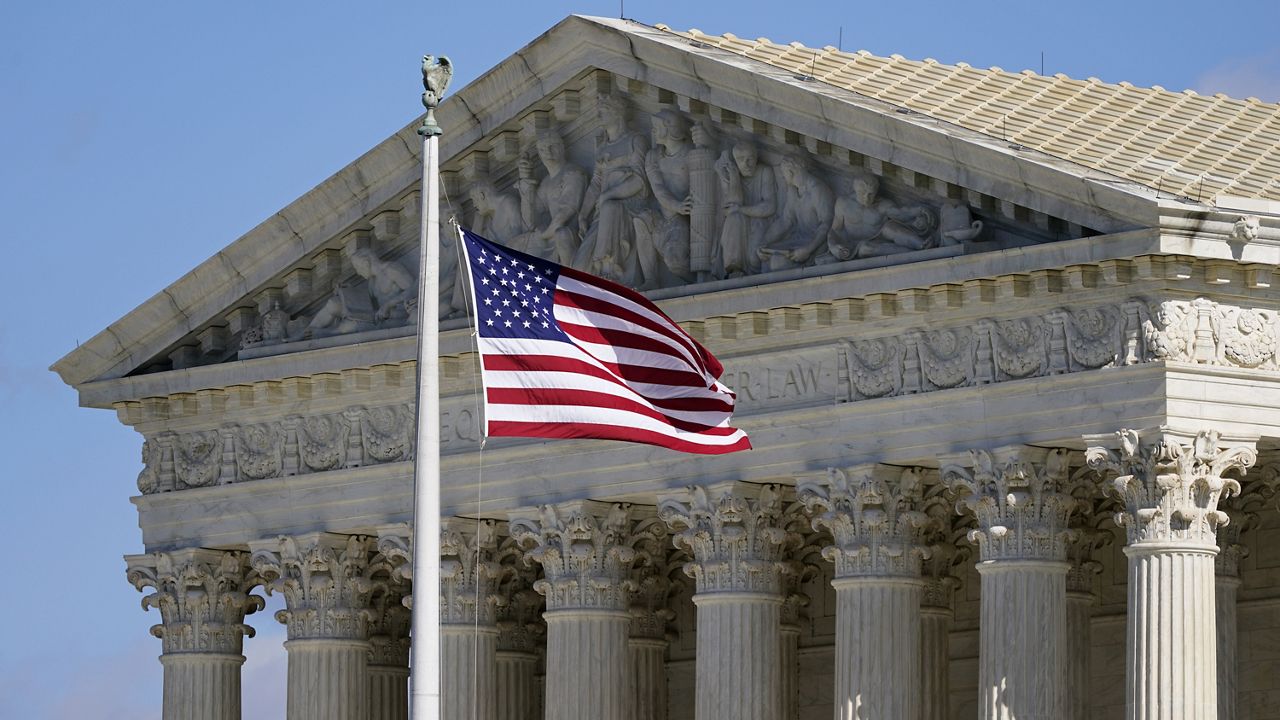In the wake of contentious Supreme Court decisions and following a midterm election cycle in which the high court’s decision to overturn Roe v. Wade dominated much of the political conversation, questions remain about any potential political impact from this year’s biggest rulings.
While experts say the Dobbs v. Jackson Women’s Health Organization decision, allowing states to restrict or ban most abortions, left a significant influence on our current political climate, many are much more skeptical of any large impact stemming from two of the court’s final rulings of 2023.
In the last days of its term, the Supreme Court effectively ended the practice of affirmative action in college admissions and struck down President Joe Biden’s plan to forgive up to $20,000 in student loan debt per borrower.
“These are really wedge issues, which play to split opinion,” Marist Poll director Lee Miringoff said, adding the decision surrounding Roe v. Wade is “much more lopsided in public opinion.”
Marking the one-year anniversary of the Dobbs decision, an NBC News poll two weeks ago found 61% of voters disapproved of the high court’s decision to overturn Roe.
Political analysts and some Republican lawmakers and current candidates have pointed to the GOP’s handling of the decision to explain why the party did not receive the overwhelming wins it expected in the 2022 midterm elections. Republicans only narrowly took control of the House and lost a seat in the Senate, staying in the minority.
“The impact of Dobbs was really big and quite unusual,” assistant professor in the Department of Public Administration and Policy at American University Nathan Favero said. “The public does not usually pay that much attention to Supreme Court decisions.”
When it comes to the court’s recent rulings, an ABC News/Ipsos poll released in the days following the decision found 52% approved of the ruling on affirmative action. On the student loan decision, the poll found 45% approved while 40% disapproved.
“I think these are particularly cloudy issues, in terms of the basis of the decisions and the implications of it,” Miringoff said. “Part of the poll data can also be shaped by even the question wording because these are buzzwords.”
In the case of affirmative action in particular, polls before the decision appeared to be sensitive to framing.
A poll by Reuters/Ipsos in February ahead of the decision found 62% said race and ethnicity should not be a factor in college admissions. But when asked in an Associated Press and NORC survey in May about the Supreme Court’s role in it all, 63% said the high court should not prohibit consideration of race in college admissions.
Miringoff pointed to polling and question framing around abortion and the recent court decision on the topic as an example of the impact of wording.
“Just a pro-choice, pro-life difference there obscures the fact that there was so many folks who were tipping one way or the other, but weren't necessarily as extreme,” he said.
Meanwhile, on student loans, directly following the decision, the president did not hold back on turning blame to the other side of the aisle.
“16 million people — 16 million people had already been approved. The money was literally about to go out the door. And then, Republican elected officials and special interests stepped in,” Biden said after the decision. “They said no — ‘no’ — literally snatching from the hands of millions of Americans thousands of dollars in student debt relief that was about to change their lives.”
Biden shot back at a question from a reporter asking why he gave millions of borrowers false hope, saying “Republicans snatched away” the “real hope” that was given.
“I think the Biden administration really hoped that the student loan forgiveness would be a big win for them. And now, they can't hang their hat on that,” Favero said.
The administration immediately announced it was pivoting to lay out a plan to forgive debt under a new authority. In terms of messaging on the campaign trail, however, Favero believes it puts the president in a tricky position.
“I think it's a bit of a tightrope that the Biden administration has to walk because on the one hand, they had promised that this was already done and now they have to say, well, we said it was done, but the Supreme Court messed it up, so it’s not actually done and it’s their fault, not ours,” Favero said. “That's not as simple of a campaign line as he would like to be able to deliver.”



